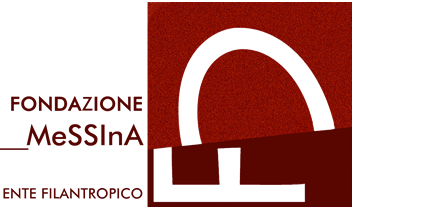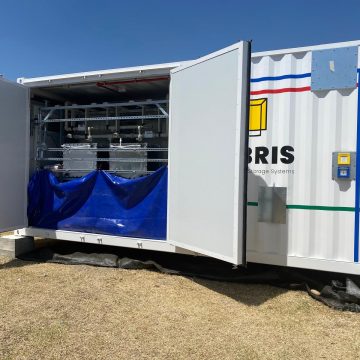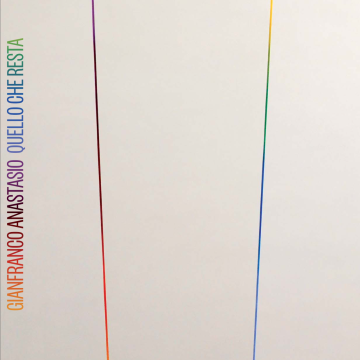Activities and Impacts
Since its creation in 2010, the Foundation’s assets have grown from 500.000 € to more than 13 million € and thanks to its leading role the whole Advanced Social Cluster has been able to deploy:
☐ Personalized social support projects for over 700 disadvantaged and marginalized people, within complex urban and community regeneration programmes
Some examples: 60 internees of the local Judicial Psychiatric Hospital were brought out and reintegrated into society. Today they live free and, by enhancing their skills and abilities, they have gradually conquered the main citizenship rights (home, work, sociability, knowledge); 200 families (about 600 people, including many children) have left the slums of Messina and regained their right to housing, often becoming direct owners of a proper house.
☐ Actions for the development of social and solidarity-based economy
It has supported and financed start-up and/or consolidation of about 120 companies and micro-enterprises (in the renewable energy, technological innovation, design and fashion, food industry sectors), corresponding to over 400 jobs created and/or consolidated, out of which almost 100 are for disadvantaged people. The main business incubation and support services provided are:
- Support in the design and construction of business plans;
- Fundraising to attract resources and investments;
- Direct venture capital investments;
- Support in the renovation and management of assets confiscated from the mafias or state-owned but unused;
- Marketing campaign and commercial networks;
- Training/coaching on social enterprises and clusters management;
- Support in spin-off and workers buyout processes;
- Promotion of short supply chains.
☐ Technology transfer programmes aimed at supporting sustainable human development and fight against inequalities
Numerous research institutes at national and international level collaborate on a permanent basis with the Foundation and about ten prototypes have been created, tested or are in the testing phase, all supporting the green transition and the fight against inequalities and poverty. A few examples are a prototype for micro-generation of energy from marine currents (the first one to be connected to the national grid, developed under the aegis of the UN/UNIDO in collaboration with the National Research Council), a prototype of third generation photovoltaic cells for energy production from organic and non-organic dyes (in collaboration with the National Research Council), advanced environmental monitoring systems for energy efficiency and health conditions in houses (developed with the M.I.T. of Boston and with the Engineering Department of the University of Messina), an electricity microgrid system tackling energy poverty in energy communities through energy storage and mutualization processes based on social algorithms (project developed in collaboration with the National Research Council and supported through two different H2020 projects). In addition, the Foundation has installed a shared solar plant of about 1,4 MW in the Messina area.
☐ Structured programmes of urban regeneration and requalification of common goods
All such programmes are aimed at enhancing the social capabilities of the territories. The Foundation coordinated and financed the renovation and refunctionalization process of 6 highly valuable environmental and architectural/monumental sites in Sicily, that were abandoned or had been confiscated from the Mafia, raising several million € for such actions.
☐ High quality cultural products and internationalization processes
The Foundations attracts external creative and technical-scientific talents and develops local talents. For instance the Foundation co-organizes every year a Euro-Mediterranean festival, dedicated to performing arts, and it has created the first contemporary art museum in Messina, renovating an historic lighthouse built during the Roman age;
☐ Education services for thousands of students and children
The cluster has been engaged in several projects, cooperating with local schools and families to tackle educational poverty.
For such activities the Foundation has disbursed about 10 million €, leveraging additional public/private funding for at least 3 times.





